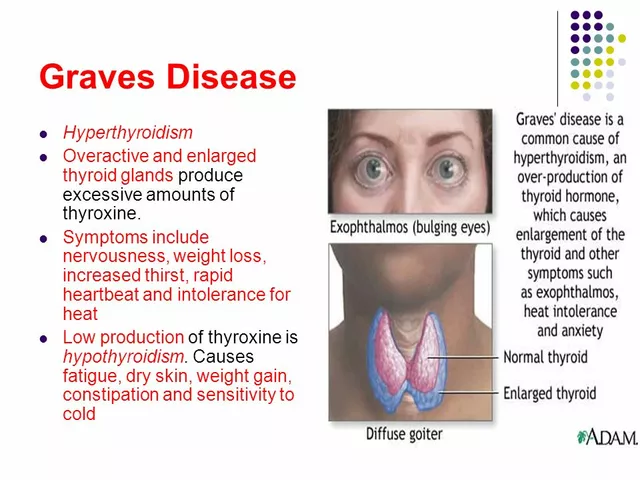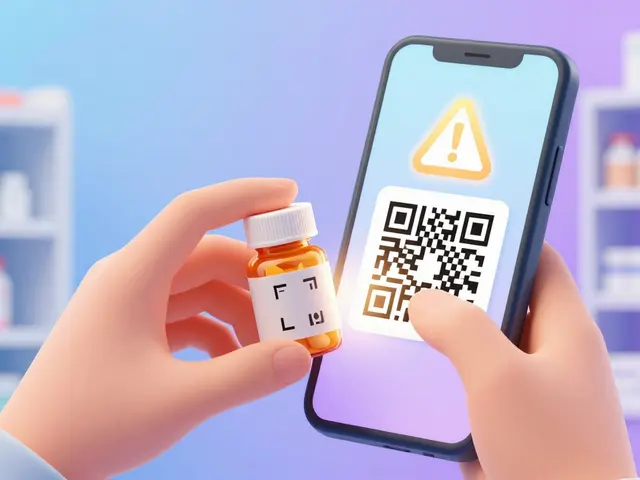Top 7 Wellbutrin Sr Alternatives in 2025: A Comprehensive Guide
January 27 2025Advanced Renal Cell Carcinoma: What to Know and What to Do
Advanced renal cell carcinoma (RCC) feels scary — but treatment options have changed a lot in recent years. Immunotherapy and newer targeted drugs can extend life and often control symptoms. This page gives clear, practical steps you can take right now and the main treatment paths your oncologist will likely discuss.
Treatment options you should know
Treatments for advanced RCC fall into two big groups: immunotherapy and targeted therapy. Immunotherapy helps your immune system attack cancer. Common drugs include PD-1 inhibitors (like nivolumab or pembrolizumab) and CTLA-4 inhibitors (like ipilimumab). Targeted therapies (TKIs) block signals that help tumors grow — examples are sunitinib, pazopanib, axitinib and cabozantinib.
Often doctors use combinations: either two immunotherapy drugs together or an immunotherapy drug plus a TKI. Those combos can work better for many people but can also cause stronger side effects. Your doctor will factor in your general health, kidney function, and a risk score (often the IMDC score) when recommending a plan.
Questions to ask and steps to take today
Want to feel prepared for your next visit? Ask these: What is my IMDC risk group and what does that mean for my treatment? Is a combination therapy right for me? Are there clinical trials nearby? How will treatment affect my remaining kidney function, blood pressure, and daily life? Also ask about side effect signs worth reporting right away.
Practical actions that help day-to-day: keep a running list of symptoms and medications, track weight and blood pressure, stay hydrated, and avoid NSAIDs unless your doctor says it’s okay. If you have bone pain, shortness of breath, or sudden swelling, contact your care team fast.
Clinical trials matter. If standard options are limited, trials can offer access to new drugs or combinations. Ask your oncologist or a cancer center about trials that match your tumor type and overall health.
Supportive care is not the same as giving up. Palliative care teams help with pain, fatigue, sleep, and mood — and they work alongside cancer treatments. Bringing them in early often makes a big difference in quality of life.
Medication access and costs can be stressful. Ask about patient assistance programs, manufacturer co-pay help, and see if your center has a pharmacy team that helps with approvals and delivery. If you’re checking online pharmacies, verify credentials and avoid offers that look too good to be true.
One more thing: get a second opinion at a specialized kidney cancer center if you can. Different centers may offer different trial options or slightly different sequencing of therapies. A second look often clarifies the best path forward.
If you want help finding reliable resources, trials, or questions to print for your oncologist visit, Pharmacy2Home’s guides can point you to clear, trustworthy info. Always discuss changes with your health team before acting.
 26 Jun
26 Jun
The Importance of Regular Follow-Up Care for Advanced Renal Cell Carcinoma Patients
As a patient dealing with advanced renal cell carcinoma, I cannot stress enough the importance of regular follow-up care. Staying vigilant with our appointments helps us monitor the progress of the disease, manage side effects, and ensure that the treatment plan remains effective. Our healthcare team is our partner in this journey, providing valuable insights and support. By prioritizing follow-up care, we can make informed decisions about our health and improve our overall quality of life. Let's not take any chances and commit to taking charge of our well-being.
Read More...




